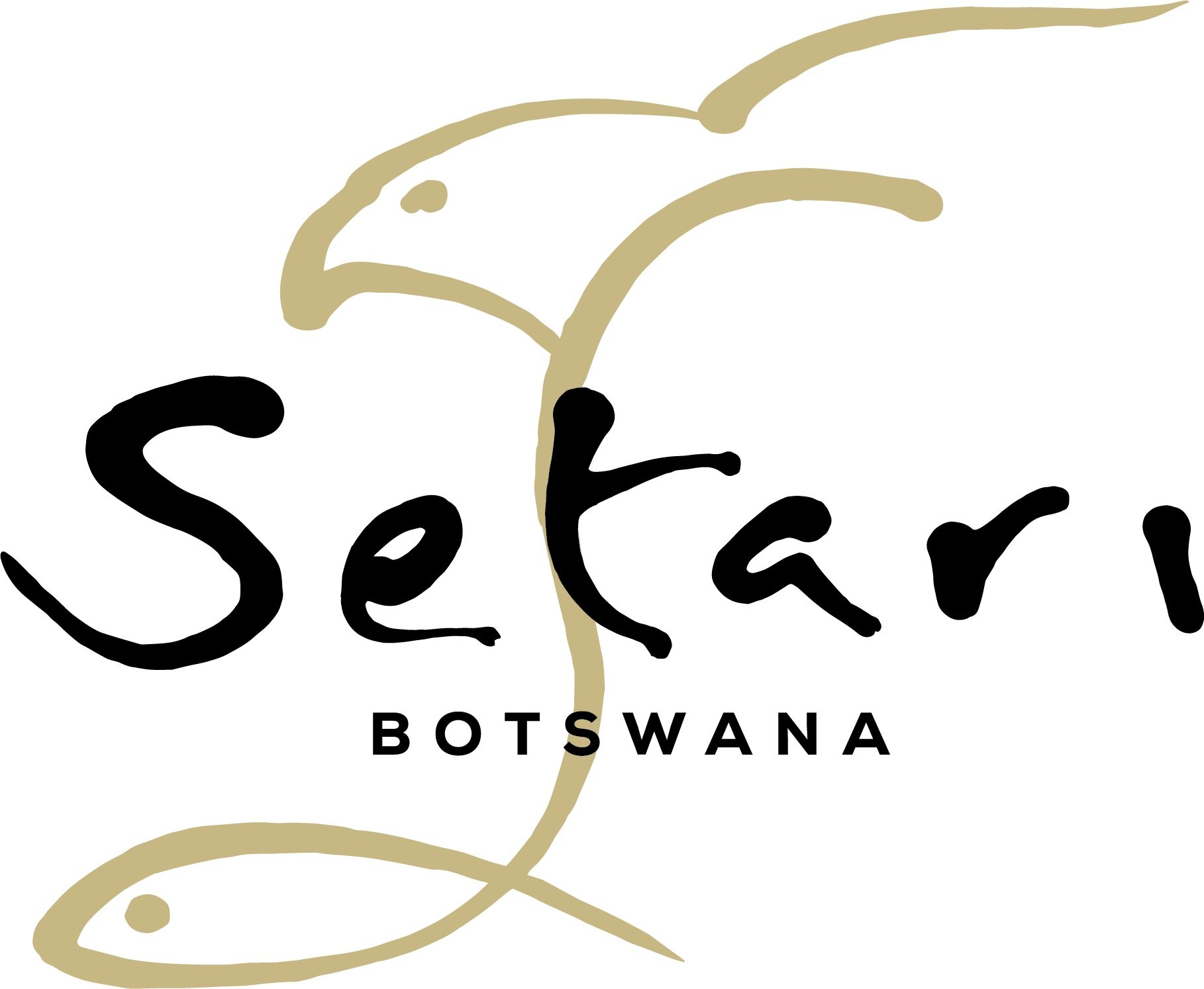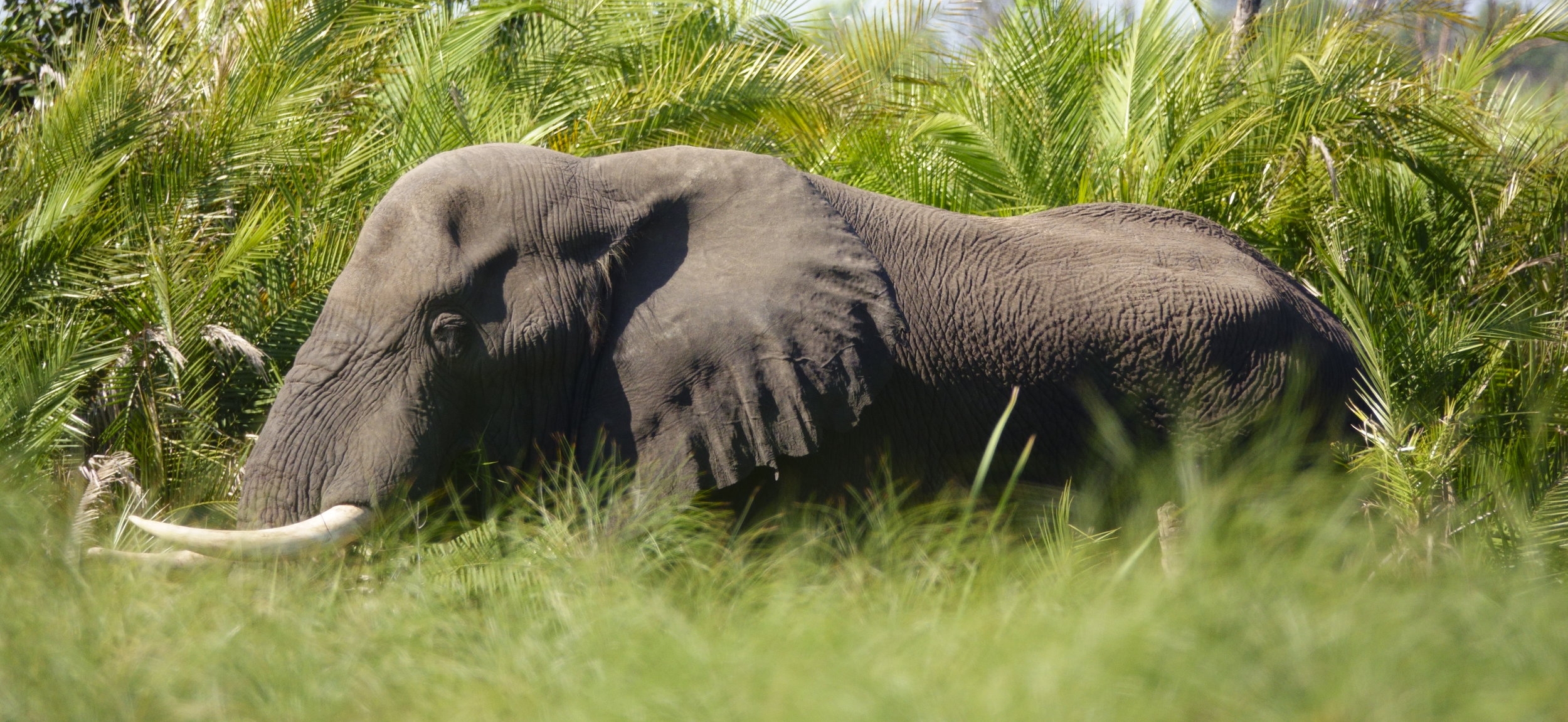Setari - Our philosophy
Setari’s ethos and philosophy is simple, to be at one with nature in one of the most remote and beautiful places on Earth. We also aim to provide a first-class experience with superb guiding, great food and a comfy bed with all the trimmings.
Home to Pioneers and Explorers
The Okavango has a fascinating history and whilst the local population have been inhabiting the area for thousands of years, the legendary explorer, David Livingstone recounts what he was told by the local people near Lake Ngami in 1849 about the origin of a river there:
While ascending in this way the beautifully-wooded river, we came to a large stream flowing into it. This was the Tamunak'le. I enquired whence it came. 'Oh, from a country full of rivers – so many no one can tell their number – and full of large trees.’
However, within a hundred years of Europeans exploring this 'country full of rivers', its environment and wildlife were under threat. In an exceedingly far-sighted move, the Batawana people proclaimed Moremi as a game reserve in 1962, in order to combat the rapid depletion of the area's game and the problems of cattle encroachment.
Initially Moremi consisted mainly of the Mopane Tongue area, then in the 1970s the royal hunting grounds of Chief Moremi, known as Chief's Island, was added. Since then, in 1992, the reserve has been augmented by the addition of a strip of land to the northwest corner of the reserve, between the Jao and Nqoga rivers. This was done to make sure that it represented all the major Okavango habitats, including the northern Delta's papyrus swamps and permanent wetlands which had not previously been covered by it.





